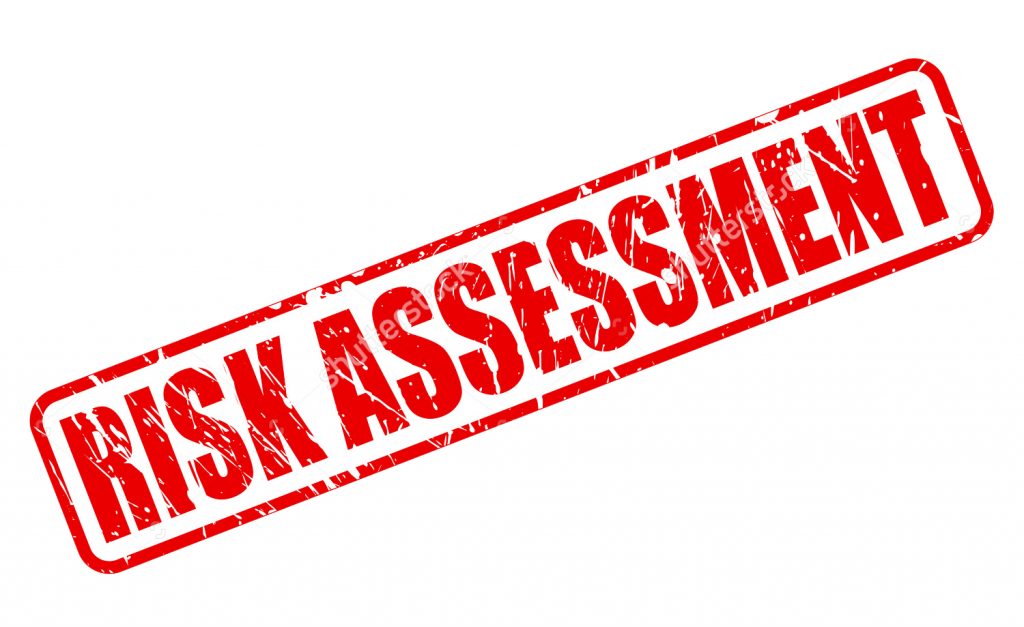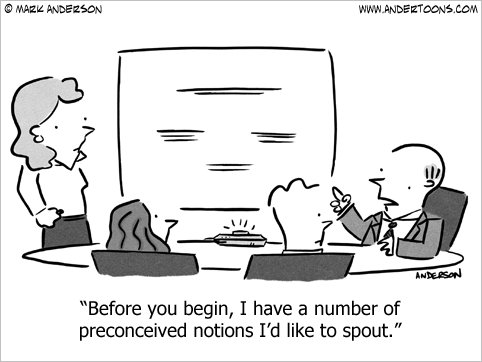At PsychLaw.net we consider a 1929 study examined the opinions of 12 interviewers who interviewed 2000 homeless men, attempting to ascertain the reasons for their homelessness.[1] Co‑workers described one of the interviewers as an ardent socialist. By an almost three to one margin, the “socialist” interviewer concluded the homelessness of the men he interviewed reflected economic conditions beyond their control (lay‑offs, plant closings, etc.). Another interviewer was described as a strong prohibitionist. Again by an almost three to one margin, the “prohibitionist” interviewer attributed homelessness to alcohol abuse. While relying on their clinical judgments, these interviewers demonstrated a remarkable facility for finding evidence consistent with their preconceived expectations. Continue reading “Preconceived Expectations”
Month: June 2018

Ruling In vs. Ruling Out
In response to their own expectations, mental health professionals often ask questions that can only confirm their a priori hypotheses. At PsychLaw.net we know that fundamental considerations of scientific logic, however, dictate that mental health professionals engage in a process known as “proof by disproof.”[1] In other words, a scientific hypothesis is tentatively accepted if, and only if, it cannot be disproven. Scientific experiments, are therefore designed to disprove hypotheses. Similarly, physicians typically reach their diagnostic conclusions attempting to rule out alternative explanations for a condition. Continue reading “Ruling In vs. Ruling Out”

Ethical Standards & Practices in Risk Assessment
At PsychLaw.net we take note that there are no professional standards available that have been specifically developed for the assessment of violence risk.[1] Nevertheless, there are general ethical principles and practice standards applicable to these assessments. Psychologists undertaking risk assessments are obviously obligated to comply with the Ethical Principles of Psychologists and Code of Conduct [2] (hereafter referred to as the “Ethical standards”) Continue reading “Ethical Standards & Practices in Risk Assessment”

Relevant Ethical Codes
At PsychLaw.net we emphasize that the current 2008 Code of Ethics of the National Association of Social Workers clearly prohibits social workers from practicing outside their area of competence. In particular, Standard 1.04 (a), addressing “Competence,” states:
“Social workers should provide services and represent themselves as competent only within the boundaries of their education, training, license, certification, consultation received, supervised experience, or other relevant professional experience.”[1] Continue reading “Relevant Ethical Codes”

